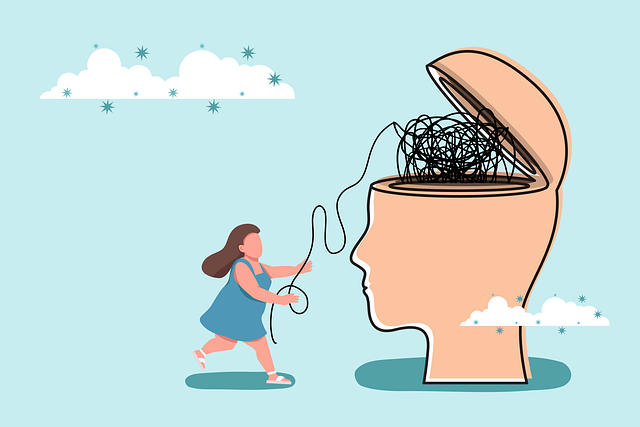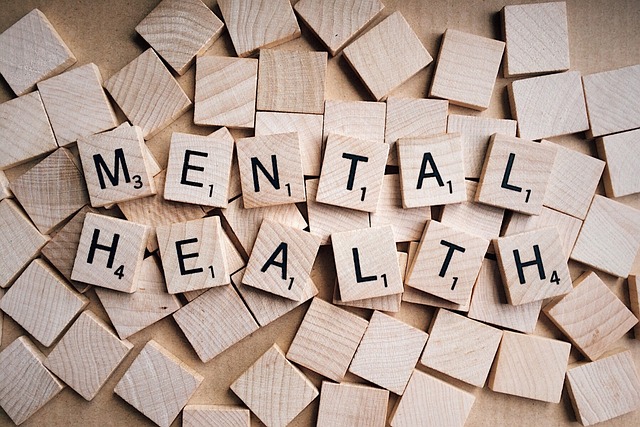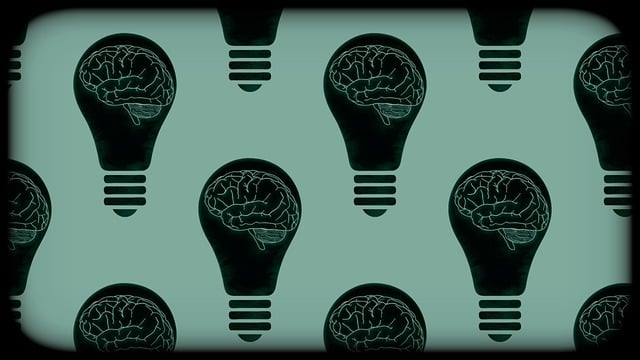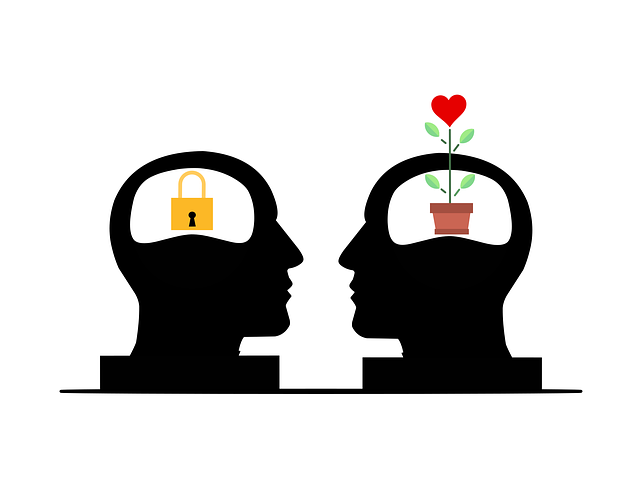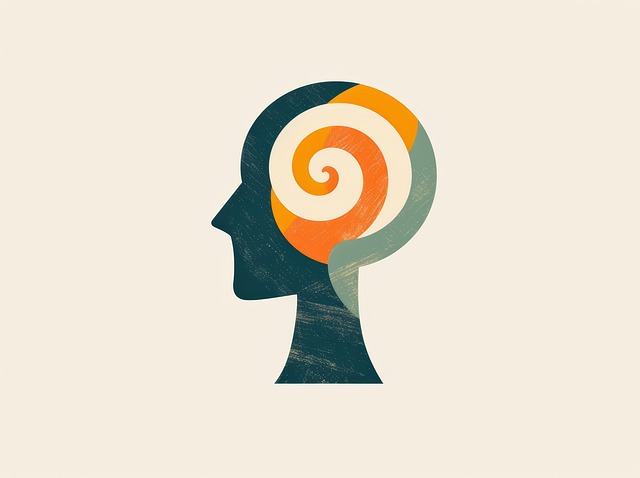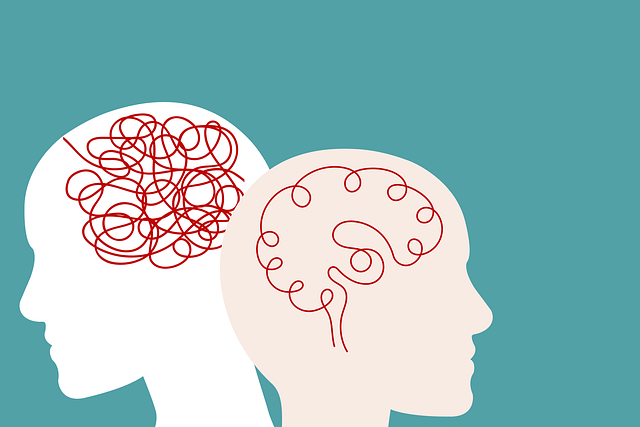In Denver, therapy settings increasingly emphasize social skills development as a critical component of mental health treatment. Traditional therapy often neglects social skill training, which can be crucial for individuals with anxiety, depression, or trauma. Local therapists integrate innovative practices like Compassion Cultivation, Mindfulness Meditation, and Self-Awareness Exercises to enhance empathy, communication, and resilience. Denver's specialized training programs for Therapists-Clinicians equip professionals to teach social skills effectively, improve client outcomes, and foster a compassionate mental health care ecosystem. Through role-playing scenarios, structured methods, and risk assessment, these approaches address real-life social anxiety, boost self-confidence, and provide coping mechanisms for emotional regulation, ultimately enhancing clients' well-being and quality of life.
Social skills training is a powerful tool in managing mental health conditions, addressing the often-overlooked social aspect of well-being. This article delves into the significant relationship between social skills and mental health, highlighting the crucial role therapists play in teaching these skills. We explore effective strategies for training and emphasize the importance of specialized programs like Denver Therapy for Therapists-Clinicians, which enhance practice and patient outcomes. By understanding and implementing these approaches, professionals can revolutionize support for individuals navigating mental health challenges.
- Understanding the Link Between Social Skills and Mental Health
- The Role of Therapists in Teaching Social Skills
- Effective Strategies for Social Skills Training
- Denver Therapy for Therapists-Clinicians: Enhancing Practice Through Specialized Training
Understanding the Link Between Social Skills and Mental Health

The connection between social skills development and mental health is a crucial aspect often overlooked in traditional therapy settings. Many mental health conditions can isolate individuals from their support networks, leading to a decline in social capabilities. This disconnection can exacerbate existing symptoms and make it challenging for those struggling with anxiety, depression, or trauma to navigate interpersonal relationships. In Denver, therapy for therapists and clinicians often emphasizes the importance of addressing these social skills as a comprehensive part of treatment.
Social skills training equips individuals with the tools to interact healthily with others, fostering a sense of belonging and reducing feelings of loneliness. Practices like Compassion Cultivation and Mindfulness Meditation, combined with Self-Awareness Exercises, have been proven effective in enhancing empathy, improving communication, and building resilience against social anxiety. By integrating these techniques into therapy, Denver therapists can help clients rebuild their social connections, leading to improved mental well-being and enhanced overall quality of life.
The Role of Therapists in Teaching Social Skills

Therapists play a pivotal role in teaching social skills as part of mental health conditions treatment. They are equipped with the knowledge and expertise to guide individuals through complex social interactions, helping them build confidence and improve communication. Through structured exercises, role-playing scenarios, and personalized feedback, therapists foster an environment where clients can learn and practice essential social skills, enhancing their overall well-being.
In Denver, therapy for therapists-clinicians often includes comprehensive training in mental health awareness and risk management planning. This preparation enables them to better assist clients dealing with anxiety relief and other challenges. By integrating these skills into their practices, therapists not only improve client outcomes but also contribute to a more supportive and compassionate mental health care ecosystem.
Effective Strategies for Social Skills Training

Social Skills Training is a highly effective approach to enhancing communication and interaction for individuals with mental health conditions. Therapists in Denver can utilize various strategies to create meaningful and supportive environments, fostering growth and connection. One key method involves role-playing scenarios that allow clients to practice new skills in a safe, simulated setting, addressing anxiety or discomfort in real-life social situations. By breaking down complex interactions into manageable steps, therapists guide individuals through the process, promoting self-confidence and assertiveness.
Additionally, incorporating Mind Over Matter principles can empower clients to manage their emotions and perceptions. This involves teaching coping mechanisms for emotional regulation, such as mindfulness techniques and cognitive reframing, enabling individuals to navigate social challenges with greater resilience. Risk assessment is another critical aspect, where therapists help clients identify potential triggers or risky behaviors in social settings, promoting proactive risk management strategies tailored to each individual’s needs. These comprehensive approaches ensure Denver Therapy for Therapists-Clinicians remains at the forefront of effective mental health support.
Denver Therapy for Therapists-Clinicians: Enhancing Practice Through Specialized Training

In today’s world, mental health conditions are increasingly prevalent, making it crucial for therapists and clinicians to have specialized training in Denver Therapy for Therapists-Clinicians. This enhances their ability to effectively support individuals dealing with various emotional challenges. Specialized training programs focus on refining skills in emotional intelligence, a key aspect of enhancing therapeutic outcomes. By understanding and managing their own emotions, healthcare professionals can create safer, more supportive spaces for their clients.
Moreover, these advanced courses often delve into effective communication strategies and stress reduction methods. Learning tailored techniques allows therapists to better connect with their patients, fostering open dialogue and creating an environment where individuals feel comfortable sharing their experiences. Such training ultimately revolutionizes practice, ensuring therapists are equipped to provide comprehensive care that addresses not just symptoms but also the underlying emotional intelligence needed for lasting recovery.
Social skills training is a powerful tool in addressing mental health conditions, as it empowers individuals to navigate social interactions with greater confidence and ease. By combining understanding, therapy, and effective strategies, Denver Therapy for Therapists-Clinicians offers specialized training that enhances practice and improves outcomes. This comprehensive approach ensures that both therapists and their clients can thrive in a world where social connections play a vital role in mental well-being.

